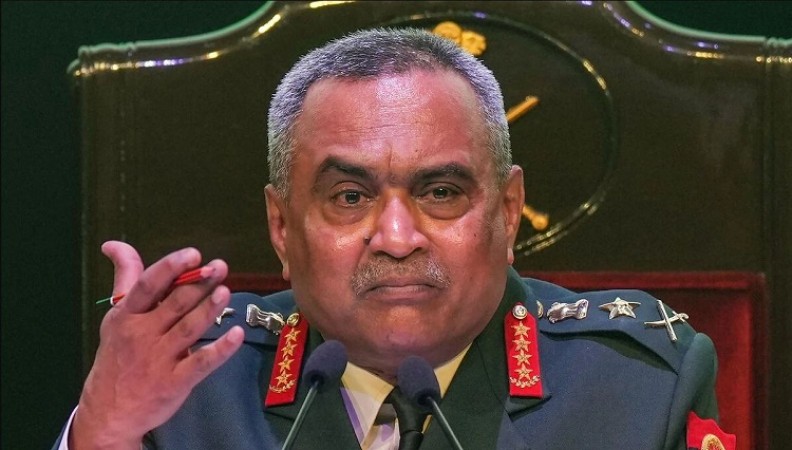
NEW DELHI: General Manoj Pande, Chief of Army Staff (COAS), announced on Thursday that the integration of Agniveers into the Army is progressing well, with positive feedback from the first two batches now deployed in field units. Addressing a press conference, he stated, "The feedback is very definitive and positive, and we have successfully addressed the issue of officer shortage through this human resource management process."
Launched in 2022, the Agniveer Scheme involves recruits serving for a four-year tenure, including six months of training and three and a half years of deployment, as opposed to the traditional 15-year commitment. After retirement, Agniveers have the option to apply for continued service in the armed forces.
While General Pande expressed satisfaction with the ongoing reforms, there is ongoing debate among Army veterans and experts about whether the Agnipath scheme will strengthen India's armed forces.
Lt. Gen PR Shankar (Retd), former Director General of Artillery, suggested modifications to the scheme, emphasizing the need for a longer service period, around seven to eight years, or a graded system allowing recruits to exit after five, seven, or ten years. He highlighted concerns about potential impacts on operational ability, individual aspirations, national goals, and diplomatic relations.
Some veterans argued that the Agniveer scheme could undermine the Indian military's longstanding regimental system, emphasizing the historical significance of soldiers' sacrifices for their units and regiments.
However, Lt. Gen Rakesh Sharma (Retd), former Adjutant General, Indian Army, offered a different perspective, stating that the quality of Agnipath soldiers in units is not an issue, and the units can easily absorb them. He cautioned that the release methodology would need time to settle, anticipating potential challenges in adjusting trainee soldiers in the public and private sectors.
Responding to questions about the Army's plan to reduce 100,000 soldiers by 2027, Sharma emphasized the need to reconsider downsizing, given increased commitments on the Northern Borders and in counter-terror operations.
India's military, with over 1.4 million personnel, faces challenges in managing its workforce. The Agnipath scheme, controversial for not providing pensions to Agniveers, aims to achieve a 50:50 ratio of Agniveer soldiers to full-time soldiers by 2032. The government hopes this will reduce the average age in the Indian Army from 32 to 26 years, addressing the issue of ballooning defense pensions.
The scheme has sparked debates on its potential to strengthen India's armed forces, with different perspectives on its impact and the need for adjustments. General Sharma suggested that evaluations should be deferred until after a few cycles of implementation.
DRDO Launches 'Ugram': Indigenous Assault Rifle for Indian Army
Ministry of Defence Seals Contracts Valued at Rs 802 Crore for Military Equipment
New Supply Order Signed by Indian Air Force for UXOR Production in 2023